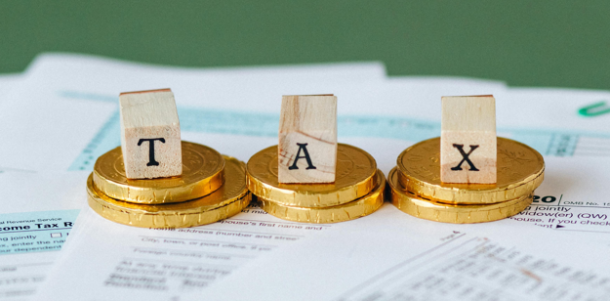Establishing legal, “bona-fide” residency is the first step in a successful strategy to take advantage of Puerto Rico’s tax incentives. Maintaining it ongoing is also critical! Should you be audited and found to not be in compliance with the Puerto Rico residency requirements, you could be subject to significant back taxes and penalties.
For a presentation used in our recent free webinar, click here to download the PDF.
Audit Risk – Recent Developments
Even if you have already moved to Puerto Rico, you may be at risk of not be fully compliant with the Puerto Rico residency requirements. The IRS is staffing up to focus more on audits of Puerto Rico residents. It is more important than ever to ensure your strategy is sound and that you’re sticking to it.
It is fairly easy to comply with the rules for Puerto Rico residency. Invest a little time in educating yourself, and then check now and then to ensure you are maintaining this all-important part of your tax reduction strategy.
Questions – How to Become a Bona Fide Resident of Puerto Rico
We recently co-hosted a free webinar with an experienced CPA firm, to explain in more detail how to stay compliant with the residency rules so that your PR tax breaks can continue. If you missed it, you can click here to download the PDF and we do intend to schedule a replay in the future.
The webinar discussed topics such as:
- What is the minimum you need to do to first establish Puerto Rico residency?
- Are there exceptions to the 183-day rule?
- Can I keep a house outside of Puerto Rico and still be a legal PR resident?
- What happens if the IRS audits you and finds you not to be a bona fide resident of Puerto Rico?
- Is there a way to “game the system”? Why is this risky?
- What are the benefits of moving to PR?
- Does moving to PR automatically mean I will pay lower taxes?


